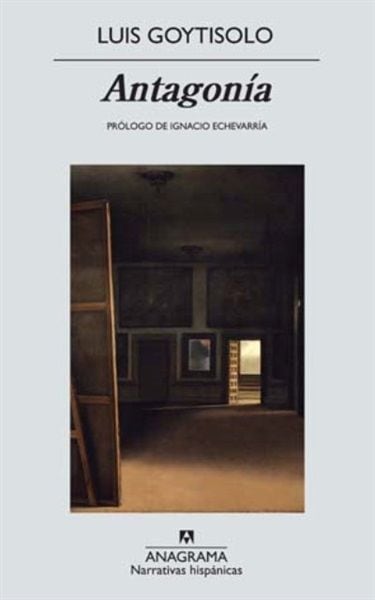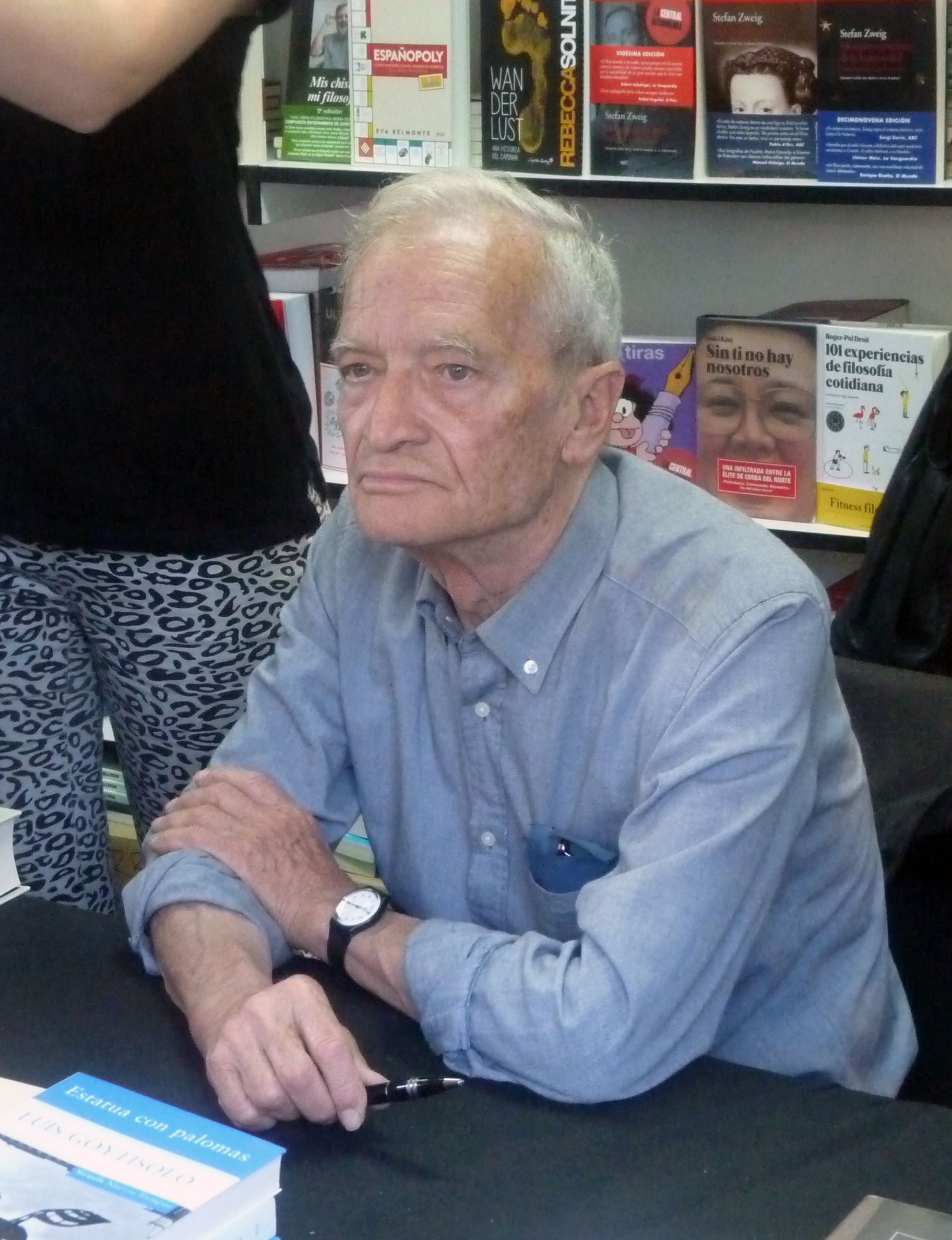
The Spanish novelist Luis Goytisolo stood out in the world of letters basically for the quality of his writing; however, another aspect that catches the eye of his work is the way he developed his novel “Antagonía”, since he revealed that, being locked up, he wrote his main ideas on pieces of paper.
His works range from social realism to imaginary narrative, but in his tetralogy called “Antagonia” the main theme was writing.
Four books were written of this tetralogy: “Recount”, “The Greens from May to the Sea”, “The Wrath of Achilles” and “Theory of Knowledge”, publications ranging from 1973 to 1981.
This work is widely referenced by those who seek to produce a text of great length, because in the development it reflects on the novel itself, starting from the obstacles that the writer has with the character, the narrative or, even, the various techniques and styles that exist to form a structure that is more focused on history.

However, this great text might not have been possible if Goytisolo had not lived the experience of being in prison; he decided to fight against Franco's dictatorship until he was arrested: he was sent to Carabanchel prison, accused of subversive activities.
His “master lines” of the text were created by the author while he was in prison, the writer always remembered that the time he spent in prison, he was able to keep his fountain pen and gathered some paintings of toilet paper to make the most fundamental notes of this work, which, in the future, would become a key point for his career as a novelist.
The author recalls it as days “of isolation and sleepless work”, “the most fertile and perhaps also the most important” of his written work and also of his life.
“The word only loses its instrumental character in literary creation. If the one who uses it does it badly, the result will be a bad poem or a bad novel, but it will not cease to be literary creation, literature, bad literature,” he wrote in his book.
Life and work

The author He is the brother of José Agustín and Juan Goytisolo, two other well-known writers both in Spain and Mexico, and literature was his passion from a very young age. He came to like it so much that he better dropped out of law school and dedicated himself to writing.
Among the prizes that stood out the most were: Biblioteca Brief, City of Barcelona, Critics Award, National Narrative Award and the Anagram Essay Prize. In addition to having been selected at the Royal Spanish Academy since 1994, using the chair with the letter C.
KEEP READING:
Últimas Noticias
Debanhi Escobar: they secured the motel where she was found lifeless in a cistern

The oldest person in the world died at the age of 119

Macabre find in CDMX: they left a body bagged and tied in a taxi
The eagles of America will face Manchester City in a duel of legends. Here are the details

Why is it good to bring dogs out to know the world when they are puppies




